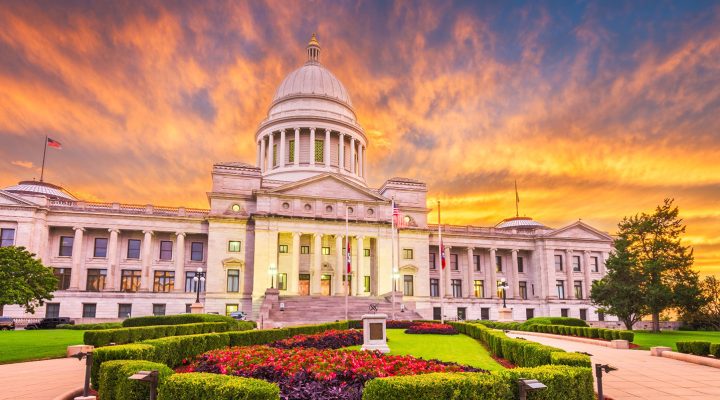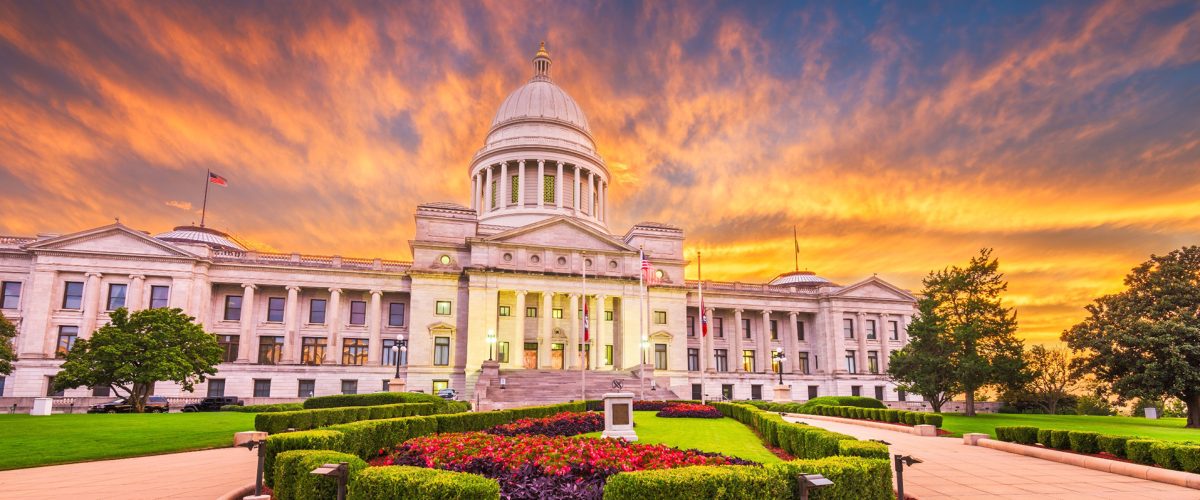A controversial Arkansas ballot initiative to “protect religious freedom” from government intrusion narrowly failed in the Nov. 8 elections.
Arkansas Issue 3, the “Government Burden of Free Exercise of Religion Amendment,” was not adopted by a 49.57% to 50.43% vote.
The initiative would have amended the state Constitution to provide that “government shall not burden a person’s freedom of religion even if the burden results from a rule of general applicability.”
Proponents of Issue 3 claimed it would protect individual religious freedom from violation by local and state government. Opponents said it would open a door for faith-based racial and sexual discrimination.
“This is not about a genuine expression of religious freedom. It’s about sanctioning the suppression of other people’s freedom,” Preston Clegg, pastor of Second Baptist Church in downtown Little Rock, said in a BNG interview before the vote.
“The stated purpose is to foster religious freedom, but we do not have a religious freedom problem in our state. Pastors and churches can say and do whatever their religion dictates to them,” he said. “What we do have in our state is a bigotry problem. This is outright oppression being given legal sanction, and I think that’s the ultimate purpose of this legislation.”
The bill appeared to be a response to forced church closures during the early days of the COVID-19 pandemic.
On March 11, 2020, Gov. Asa Hutchinson, a Republican, declared a state of emergency due to the pandemic. Fifteen days later, he issued an executive order prohibiting confined indoor and outdoor gatherings of 10 or more people, although the order did not apply to businesses, places of worship or governing bodies. But on April 4 that year, Hutchinson issued another executive order telling businesses and places of worship to limit the number of people in a building so that a distance of 6 feet could be maintained between all occupants.
The Arkansas State Legislature fought back against the governor, passing House Bill 1211 in 2021. That bill prohibits the governor from limiting a religious organization from holding religious services during a disaster. This legislation was adopted by both legislative bodies and was allowed to become law without the governor’s signature or veto.
Related articles:
Does landmark religious freedom legislation need a fix or is it fine as is? | Analysis by Mark Wingfield


